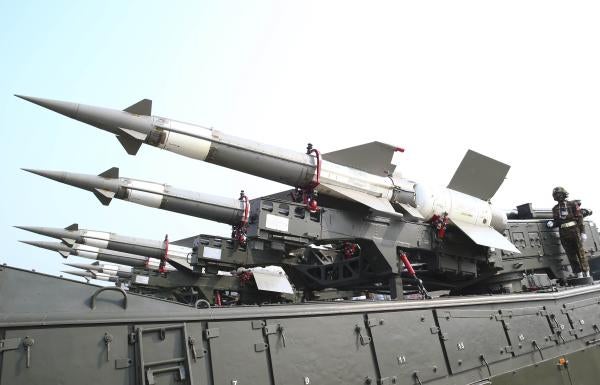It may sound harmless at first, but it’s textbook example of what NOT to do after a military coup and mounting atrocities.
Japan’s Yokogawa Bridge Corp. transferred over US$1 million last year to Myanmar Economic Corporation (MEC) for a Japanese government development aid project in Myanmar. Development project, you may think, so, hey, that’s maybe OK, right?
Wrong. Here’s the key detail: MEC is owned by Myanmar’s abusive military.
This is the same military that has committed widespread, systematic crimes since its coup in February 2021. Junta security forces have killed over 2,700 people, including at least 277 children. They’ve arrested more than 17,000, and they are murdering political prisoners after bogus “trials” before secret military tribunals.
And let’s not forget the same military’s earlier mass atrocity crimes, including crimes against humanity and possible genocide, against the Rohingya minority.
If there’s any group you shouldn’t be doing business with right now, surely it’s these guys.
My colleague, Teppei Kasai, HRW’s Asia program officer, puts it bluntly: “Through Yokogawa Bridge Corp.’s business dealings with MEC, the Japanese government has effectively helped fund junta atrocities.”
By contrast, the US, UK, EU, and Canada have all sanctioned MEC and Myanmar’s other military conglomerate, Myanmar Economic Holdings Limited, for their role in generating significant revenues that help fund the military.
Still, more is needed. In September 2022, the Office of the UN High Commissioner for Human Rights issued a report, saying that not enough had been done to cut off the junta’s access to revenue. It urged the international community to, “step up efforts to support the people of Myanmar and to ensure the military’s financial isolation in a coordinated fashion.”
And clearly, one of the weak points in the international front is Japan. The Japanese government needs to stop enabling the junta’s atrocity crimes.







